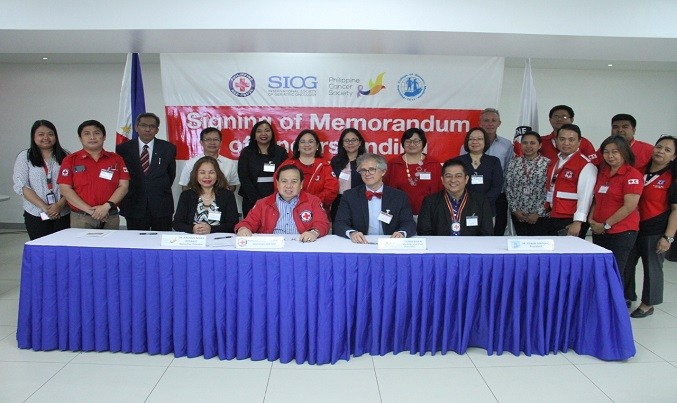Many generations have lived in our planet and as time went by, innovations were created which would supposedly make life easier. Hence, the effects these things had in our environment wasn’t as greatly considered then. For example, decades ago, clean water used to be accessible to all, and filtration systems weren’t needed. Today, because of water pollution due to industrial development and the growing number of pollutants in rivers, seas, and oceans, access to clean water is a privilege (Rinkesh, 2018). As much as it is each and everyone’s responsibility to take care of the planet, organizations such as NGOs must take the lead. But how exactly can NGOs make a difference in sustainable development?
Certainly, adjusting will be difficult for many especially after years of growing to love and enjoy the products and services offered to us but aren’t doing our environment any favors. Somehow, because of the image NGOs have imparted to the public, they’re seen as organizations trusted by many – ones who do good for the people. With that, NGOs have the capability to use their influence and be able to impact society.
The first step into promoting sustainable development would be leading by example. From the practices of day-to-day operations to the events hosted and attended by NGOs, sustainability should be evident. These can be done through the guidelines and services set out for their employees. Small examples could be providing eating utensils to discourage the use of disposable plastics. Another example could be making use of the technology we have today.
Such things like automation and saving through a drive will decrease the need for printing and will, therefore, decrease the demand for paper as well. In line with that, when hosting events such as conferences, NGOs have the option to go paperless too. Online registration and having delegates download an app for all the agendas not only promote sustainability but also displays further innovation and concern for the environment. Aside from being environmentally friendly, this is also beneficial as it is proven to be more productive. Automation not only relieves employees of redundant tasks, it also produces more accurate results (Rogers, 2018) Apart from that, giving away eco-friendly products such as reusable eco-bags instead of the usual plastic or paper bags can also serve as encouragement to the attendees. Likewise, attendees will also prefer this as an eco-bag is something they can use instead of something they throw away.
Although leading by example can definitely go a long way, it certainly won’t be enough given our current lifestyles and situations. One thing is certain, the options consumers have will depend on what many businesses and corporations have to offer. If no one produces eco-friendly products, the likelihood of consumers going out of their way to contribute in saving the environment is also diminutive.
NGOs, given that they are trusted by the public, can begin by hosting conferences in partnership with philanthropic foundations aimed to have participants from businesses to promote sustainable lifestyle options. Looking for philanthropic organizations to partner with should be achievable given that numerous philanthropists have been looking into sustainable development. For example, the Bill and Melinda Gates Foundation has been regularly supporting projects in relation to sustainable development and is said to have been funding about USD 60 million on a regular basis (Ogden, 2018). Apart from that, over 50 other philanthropists have also made donations of over USD 10 million.
Partnerships with businesses and corporations are essentially important in providing sustainable alternatives. Generally, corporations also trust NGOs. Given that a business is usually for-profit, they see the good in those who do not work simply for profit. Additionally, because of the image NGOs have, partnerships will also be beneficial in the business of various corporations. Giving up old trends may be costly at the beginning but will inevitably attract consumers as well knowing that they accomplish their part in corporate social responsibility. At current, several corporations are already practicing more sustainable operations such as refusing to test on animals, no longer providing plastic bags which encourage consumers to recycle their bags, using paper straws or other alternatives instead of plastic straws, and many more. The three R’s, namely reduce, reuse, and recycle are highly encouraged by NGOs and to properly implement this, some corporations will need guidance.
Ultimately, NGOs are also not expected to solve all the problems involving the current state of our planet. But with the public trust and support they have including partnerships from several philanthropists who give to individuals, they are responsible to using their influence so that eventually, more of us can play our respective roles in saving the world for future generations to come.











